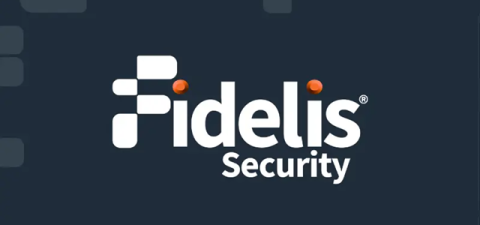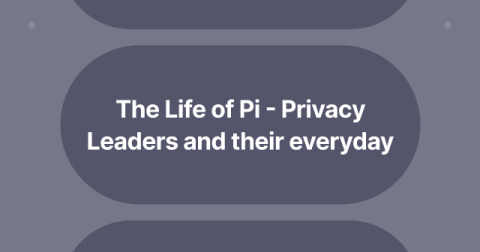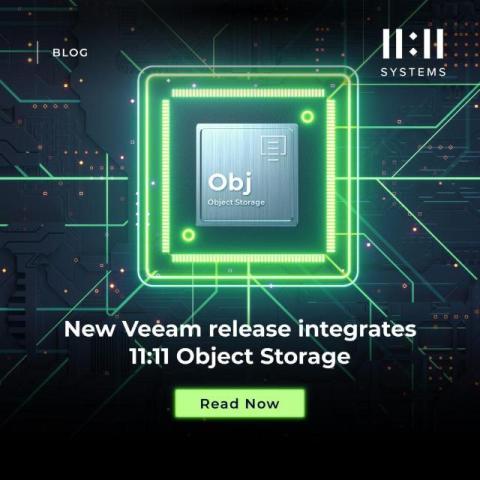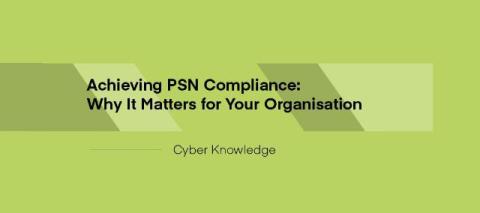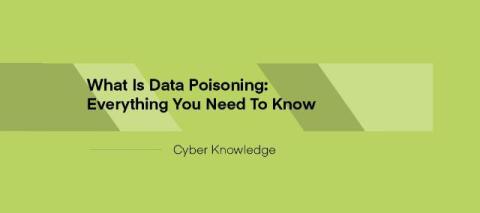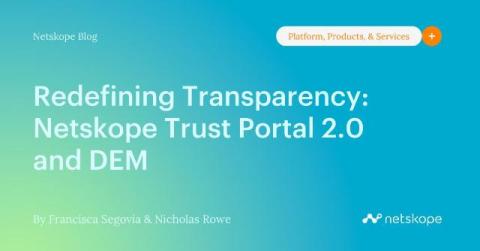Cloud security research and guide roundup: Infrastructure and access
Developing in the cloud introduces unique challenges for protecting applications, resources, and data. These challenges include but are not limited to detecting legitimate threats to your environment and managing complex cloud permissions and access controls.



